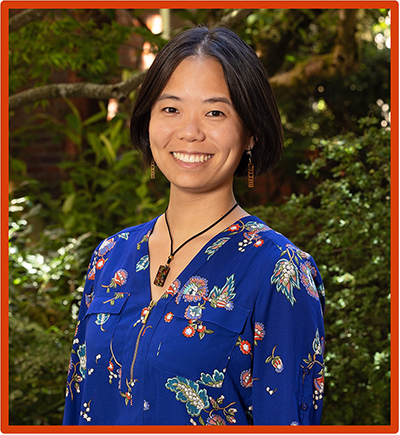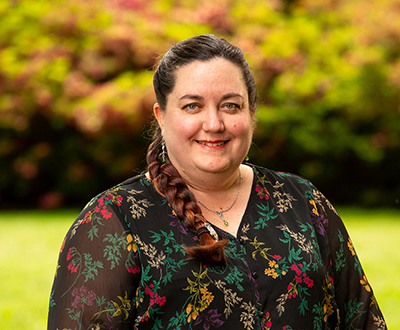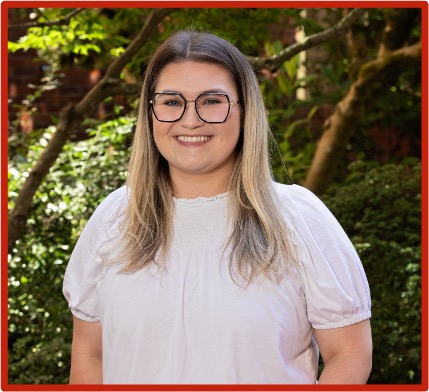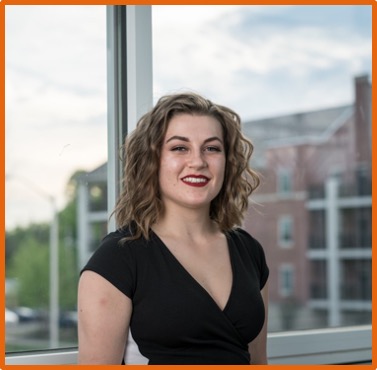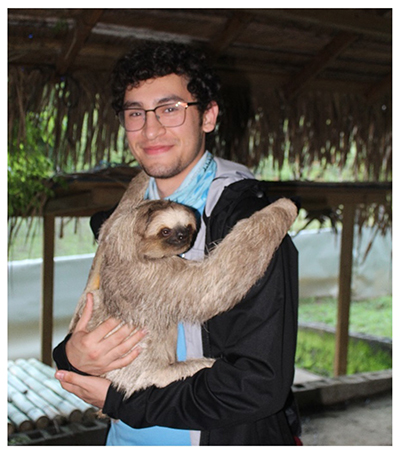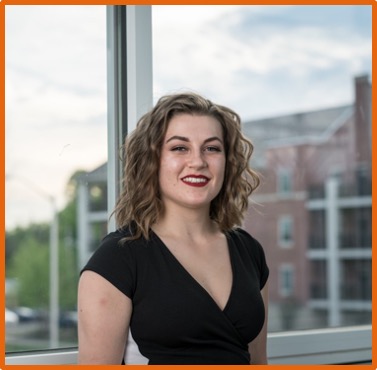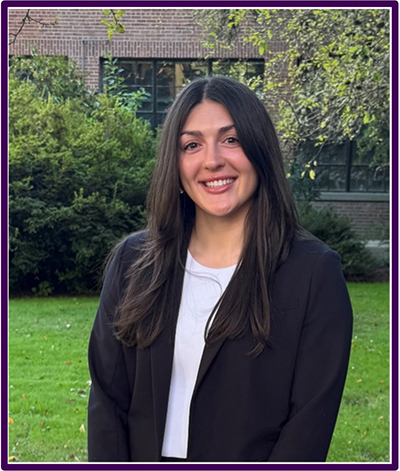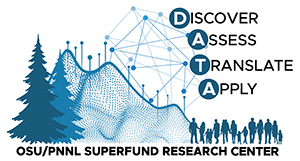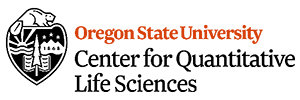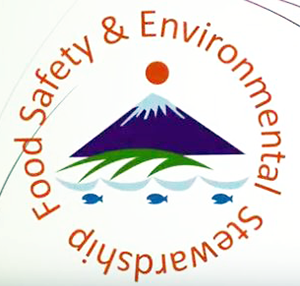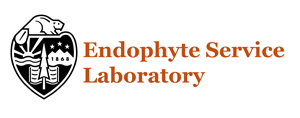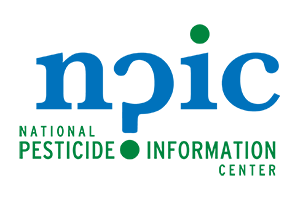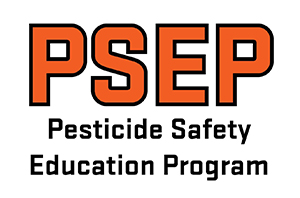Thank You, Dr. Fang and the Fang Family
Inspiring the Next Generation of Toxicologists
The Department of Environmental and Molecular Toxicology extends our heartfelt thanks to Dr. Fang and the Fang family for their generous support and enduring commitment to student success.
Dr. Fang believed deeply in the power of hands-on experience and was passionate about getting students into the laboratory—where curiosity turns into discovery. To carry forward that vision, the Fang family established the Fang Toxicology Undergraduate Summer Internship Scholarship.
These scholarships are designed to give undergraduates early and meaningful exposure to toxicology research, encouraging them to explore careers in this vital and dynamic field. Through this support, students gain not just lab skills, but also confidence, mentorship, and a deeper understanding of the impact of toxicology in today’s world.
Thank you, Dr. Fang and the Fang family,
for helping our students grow as scientists, researchers, and future leaders.
Your generosity opens doors—and changes lives.
FANG INTERNSHIPS AWARDED:
2018 – 6; 2019 – 5; 2022 – 4; 2023 – 4; 2024 – 4; 2025 – 3
Thank You, Ian and Joy Tinsley
For Your Lasting Impact on Future Scientists
With deep gratitude, the Department of Environmental and Molecular Toxicology at Oregon State University acknowledges the generous support of the Ian and Joy Tinsley Scholarship.
Over the last five years, this scholarship has helped ease the financial burden for many of our PhD students—particularly during the challenging transition from undergraduate to graduate studies.
This moment of transition was especially poignant for Dr. Ian Tinsley, who remembered arriving at Oregon State University and the generosity he received during that time. Ian and Joyce Tinsley created this scholarship to pay forward that same spirit of support.
Their contribution has made a lasting difference in the lives of our students, fostering academic excellence, resilience, and innovation in the fields of environmental and molecular toxicology.
Your generosity inspires the next generation of scientists.
Thank you, Ian and Joyce, for investing in the future—and in us.
TINSLEY SCHOLARSHIPS AWARDED:
This award began in 2022.
2022: 4
2023 : the award was used to support undergraduate summer research instead of PhD students
2024 – 6
2025 – 4
WELCOME TO ENVIRONMENTAL AND MOLECULAR TOXICOLOGY
The integrated mission of the Department of Environmental & Molecular Toxicology (EMT) is to educate students in the toxicological sciences, to conduct research on the effects of chemicals and other agents on humans and the environment and to engage the public through extension and outreach. The EMT Department focuses on creating, disseminating, and applying new knowledge to enhance the treatment and prevention of human disease and to ensure the protection of the environment and public health.
Congratulations to our Toxicology PhD Graduates!
- Victoria Colvin
- Chloe Fender
- Christian Rude
Congratulations to Alison Clark, Spencer Stinson and Mireia Roig-Paul for advancing to Doctoral Candidacy!
Congratulations to our Toxicology MS Graduates!
- Kate Berreman
- Eli Cowan
Congratulations to Undergraduate Toxicology Minor Graduates!
- David A. Bugarin Renteria
- Tyler A. Doyle
- Rylie Gubbins
- Damara Herron
- Zachary W. Kowash
- Molly D. Murphy
- Isabella M. Nelson
- Kiani V. Stowers-Fann
- Proud Wiwattanawongsiri
- Ariana M. Capodieci
- Trevor Spotten
2025 Fang Toxicology Summer Internship Recipients:
- Briseyda Quintana Paz
- Ekansh Gupta
- Rubi Juarez Murguia
The OSU office of Graduate Education awarded
Mackenzie Allison, EMT Masters student, the Prestigious Diversity Fellowship!
The Graduate Awards Team have chosen Kelso Arthur, EMT Doctoral student, for the Oregon Lottery Graduate Scholarship for 2025-2026!
David Bugarin Renteria from Dr. Serhan Mermer's lab was awarded the 2025 Burlingham Undergraduate Student of Excellence Award!
The Office of Graduate Education has chosen Kelso Arthur for the 2025-2026 Thurgood Marshall Graduate Fellowship!
The Graduate Awards Team have chosen Ashtyn Chamberland, EMT Masters student, for the Oregon Lottery Graduate Scholarship for 2025-2026!
Collaborative Research Partners




